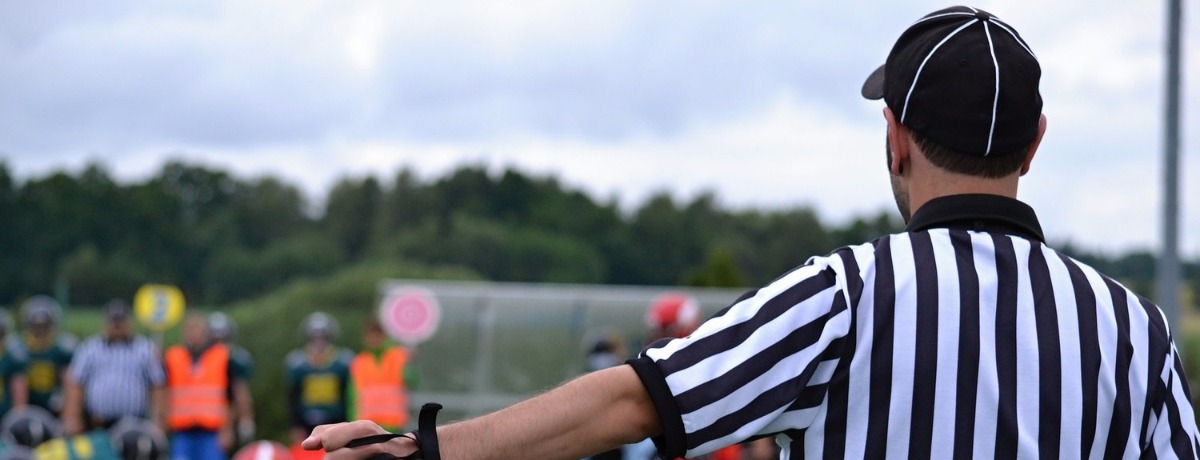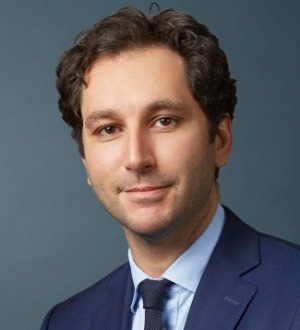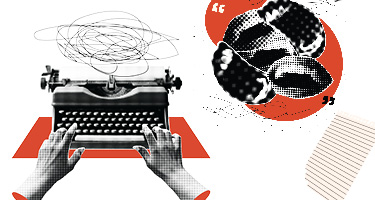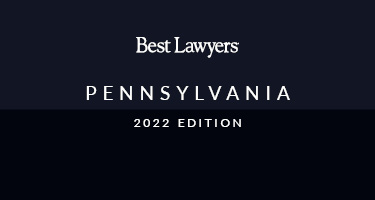Historically, Victorian courts usually only receive expert evidence from people appointed by the parties to proceedings, and rarely appoint their own people to give this evidence. This reluctance comes from the parties, who strongly prefer to appoint experts they have first vetted, largely to ensure that the opinions held by the experts are consistent with the cases being presented.
While this practice of vetting experts has been criticised, the courts have been largely reluctant to disrupt the status quo by intervening in the appointment process. But there are exceptions to this rule…
Court appointed experts: a shifting trend
The Supreme Court of Victoria in particular has shown an increased appetite for appointing expert referees and assessors in highly complex and large-scale disputes or to address discrete technical issues.
For example, in the recent Kilmore-East Bushfire class-action, His Honour Forrest J appointed two assessors to help him with the most complex aspects of the expert evidence. This, and other innovative methods for managing expert evidence, were the subject of four research papers commissioned by that court.
Similarly, in another noteworthy departure from the norm, his Honour Vickery J appointed an expert referee in the recent Supreme Court of Victoria case of Construction Engineering. (We will examine this particular case in more detail below).
But before we consider the issue of court-appointed expert referees further, it is worth asking why a party might request the appointment in the first place.
Why would a party want the court to appoint an expert referee?
A party is only likely to ask a court to appoint an expert referee in limited circumstances. In a construction context, it might be a classic defects case where the expert referee’s views are central to the ultimate issue in dispute.
For strategic reasons, the circumstances are likely to be where the party seeking the appointment is very confident of the opinion the court is likely to receive. When a situation such as this arises, the party making the request might be able to lock out the views of an expert that run against the industry consensus.
Other commercial factors might also be in play. For example, running a proceeding with a court appointed expert referee may be cheaper and quicker than one where the parties engage their own experts. Further, a court appointed expert referee may reduce the need for ‘shadow’ or ‘dirty’ experts providing privileged advice in the background; these experts can be expensive and drive up costs significantly.
When is a court likely to appoint an expert referee?
His Honour Vickery J’s decision in Construction Engineering provides useful guidance on when a court, particularly one that deals with complex or technical cases like those in the Technology, Engineering and Construction (TEC) list, is likely to appoint an expert referee.
In this case, the appointment of the expert referee was granted at the request of a party and was limited to issues of causation and quantum (the case had a separate hearing on liability).
According to his Honour’s decision, an appointment is less likely to occur when:
• there are a lot of technical questions, questions of law, and mixed questions of fact and law at issue;
• the expert referee’s report might give rise to further questions that must be answered;
• the appointment would not lead to the expeditious and cost effective management of the case; or
• any challenge to the expert referee’s report would occupy too much time and be unnecessarily costly.
While his Honour chose not to appoint an expert referee to opine on liability issues (and instead chose to receive guidance from an assessor), an appointment might occur in the right circumstances.
In our view, an expert referee is more likely to be appointed by the court in cases where:
• the technical question (or questions) are discrete and can be separated from the factual disputes;
• the question (or questions) can be clearly articulated and agreed by all parties; and
• the expert referee’s opinion is central to the overall proceeding.
While expert referee appointments by the court are still likely to be reasonably rare, we have seen a shift in the court’s attitude to such appointments. Whether this is driven by a strain on resources to deal with an increasing case load of complex cases, or for other reasons, is unclear.
In any event, parties and practitioners alike need to be aware of the issues that arise when such appointments are made. They have a large impact upon the way these cases are run, and the strategic issues that follow.
For more information, follow the source link below.
























